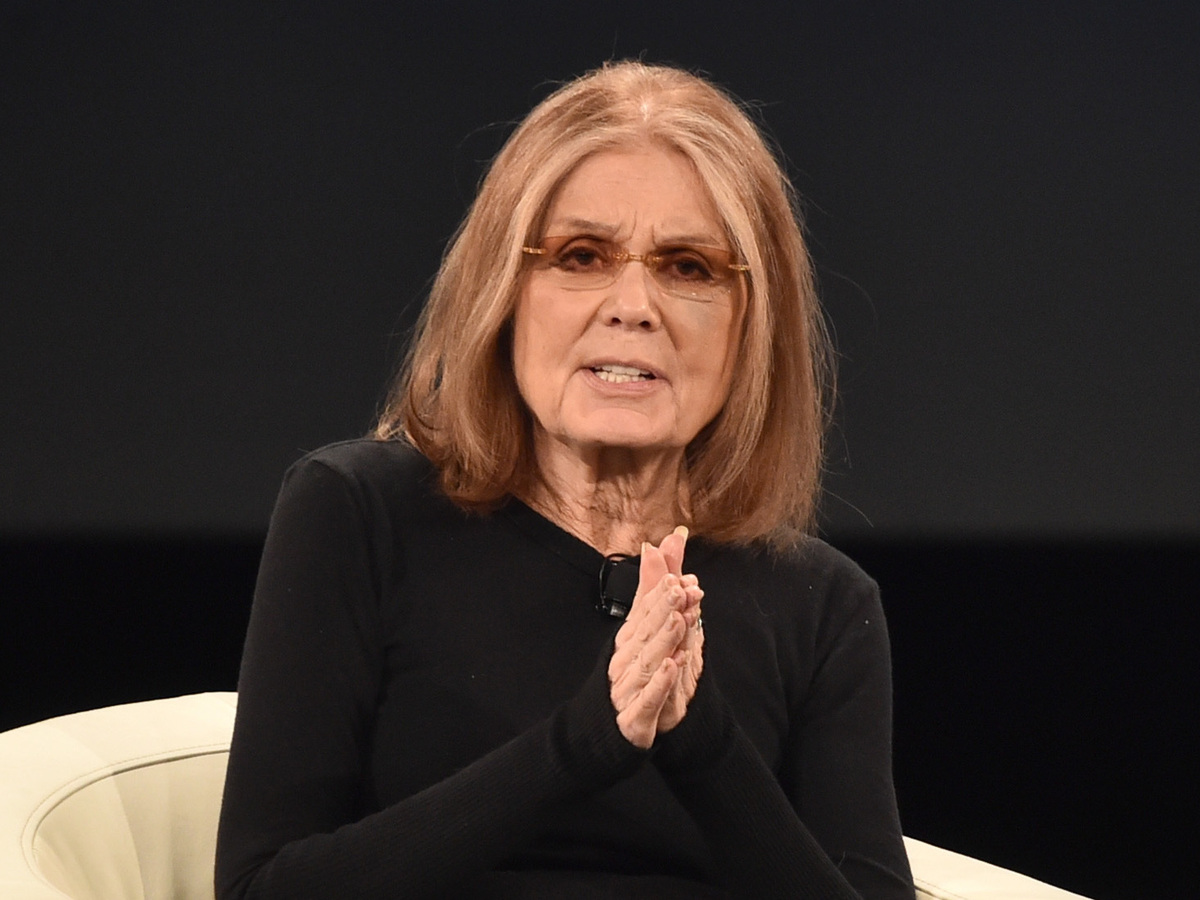Gloria Steinem is one of the most influential figures in the fight for women’s rights and social justice in the modern era. As a journalist, feminist, and activist, Steinem has played a pivotal role in shaping the narrative around gender equality, reproductive rights, and the empowerment of women. Her work as a writer and public figure has contributed to significant societal shifts, challenging gender norms, and advocating for a more inclusive and just world.
Early Life and the Beginnings of Activism
Gloria Steinem was born in 1934 in Toledo, Ohio, to a progressive family with a strong sense of social responsibility. Her early experiences shaped her worldview, and by the time she attended Smith College, Steinem was already beginning to engage with the issues of women’s rights and gender equality. After graduating with a degree in government, she went on to work as a writer and journalist, gaining recognition for her insightful and often provocative articles on social and political issues.
In the 1960s, Steinem became involved in the emerging women’s liberation movement, a critical period in U.S. history when second-wave feminism was gaining momentum. Her experiences as a journalist, including a stint as a Playboy bunny to expose the mistreatment of women in the workplace, provided her with firsthand insight into the challenges faced by women in society. This sparked her lifelong commitment to advocating for the rights of women.
Co-Founding Ms. Magazine and Advocating for Women’s Rights
One of Steinem’s most groundbreaking accomplishments was co-founding Ms. Magazine in 1972. The magazine quickly became a symbol of the feminist movement and a powerful voice for women’s rights. Under Steinem’s leadership, Ms. tackled issues such as workplace discrimination, reproductive rights, domestic violence, and sexual harassment, issues that were often neglected or overlooked by mainstream media at the time.
Ms. Magazine gave women a platform to voice their concerns, discuss their experiences, and call for social and political change. Steinem’s editorial vision was clear: empower women to reclaim their voices and their agency in a world that too often sought to silence them. The magazine also became an important educational resource, shedding light on the intersection of gender, race, and class, and giving readers tools to fight for change in their own communities.
Steinem’s ability to speak directly to the lived experiences of women, while also engaging with larger political and social movements, helped to broaden the feminist agenda beyond traditional concerns of middle-class women, making the magazine an integral part of second-wave feminism.
Advocacy for Reproductive Rights and Gender Equality
Throughout her career, Steinem has been a fierce advocate for reproductive rights, arguing that women should have autonomy over their own bodies. She has spoken out against laws restricting access to birth control and abortion, believing that reproductive freedom is essential to women’s equality and empowerment. Steinem’s activism in this area was particularly critical during the fight for abortion rights in the 1970s, and she has continued to work toward ensuring that women have access to safe and legal abortion services.
In addition to her work on reproductive rights, Steinem has consistently championed gender equality in all aspects of society, including the workplace, education, and politics. Her activism has highlighted the systemic barriers women face in achieving full equality, from unequal pay and sexual harassment to the underrepresentation of women in leadership roles. Steinem has also emphasized the need for intersectional feminism, acknowledging that race, class, and other factors shape the unique experiences of women and must be considered in the struggle for equality.
Political Activism and Social Justice
Gloria Steinem’s commitment to social justice extends beyond feminism. She has been an outspoken advocate for a range of progressive causes, including racial justice, LGBTQ+ rights, and anti-war activism. Steinem has consistently aligned herself with movements that challenge systems of oppression and inequality, recognizing that the fight for women’s rights is inherently tied to the broader struggle for social, racial, and economic justice.
Her activism has also included organizing marches, speaking at rallies, and lobbying for policy changes at the local, national, and international levels. Steinem’s role in the creation of the Women’s March in 2017, for example, was a critical moment in her ongoing advocacy for women’s rights and social change.
The Legacy of Gloria Steinem
Gloria Steinem’s work has left an indelible mark on the feminist movement and society at large. Through her writing, activism, and leadership, she has not only shaped the discourse on women’s rights but also catalyzed significant social and political change. Her belief in the power of women to shape their own destinies and challenge the status quo has inspired generations of feminists and activists around the world.
Steinem’s legacy also includes her role in mentoring young women and encouraging them to take leadership roles in their communities. Her life and work continue to motivate countless women to fight for gender equality, social justice, and the dismantling of systems that perpetuate oppression.
Conclusion: A Trailblazer for Feminism and Social Change
Gloria Steinem’s journey as a feminist, journalist, and activist has shaped the modern landscape of gender equality and social justice. Through her unwavering commitment to women’s rights and her advocacy for a more inclusive society, Steinem has helped to shift the cultural narrative around women’s place in the world. Her leadership and vision have made her a trailblazer for feminist movements worldwide, proving that through activism, writing, and direct action, one person can make a lasting difference.
As Gloria Steinem continues to speak out for the rights of women and marginalized communities, her legacy serves as a beacon for future generations of feminists and activists who seek to create a world where justice, equality, and opportunity are available to all.


